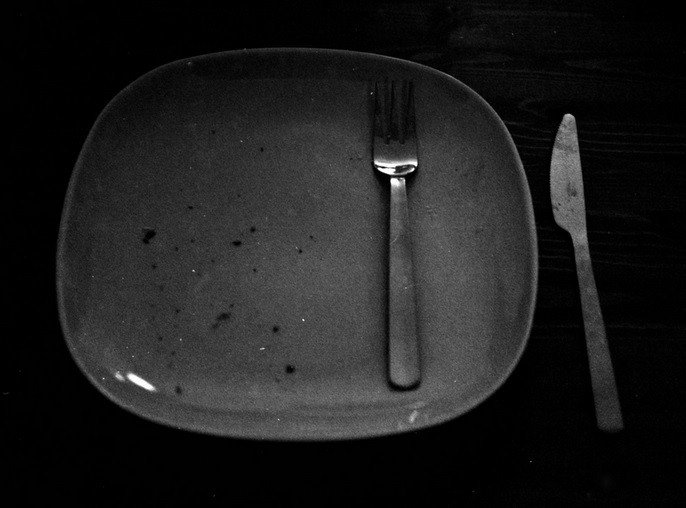
Introduction
As humans, we have been fasting since time immemorial, but most often this practice has been wrapped around controversy, religion and mysticism. However, the growth of the research community in the past few decades has revealed the biological mechanisms of fasting.
Prolonged fasting (days to weeks to months) allow people to survive on nothing but water, provided they have sufficient bodyfat and provided they are in good health.
Fasting for 5-10 days is not much of a challenge and can be achieve by most of us. Yet, people fear of dying of starvation if they skip a meal. Longer fasts (more than a week) may need more preparation, may be more challenging, and may require more strict supervision.
We can read about such fasts in medical journals and in research articles. One of them that caught my attention is a medical report from 1973 that was published in The Postgraduate Medical Journal.
Angus Barbieri's Experiment
It reported about a patient, Angus Barbieri, who fasted between June 1965 and July 1966 - for 382 days. At the time of his check-in at a hospital in Dundee in Scotland, he weighed 456 lbs (~207 kilograms). He had a lot of 'food' on his body (bodyfat).
By the end of his fast, he lost all his extra bodyfat and weighed around 180 lbs (~82 kilograms). He was at normal weight; and he maintained this weight in the 5 year follow-up period of his experiment.
During his fast he only consumed water, coffee, tea, and some supplements. Researchers took blood samples, urine samples and made notes and observations of his progression.
Not that this would be interesting to know, but his fecal evacuations were very infrequent. The average time between stools averaged at 37-48 days.
With his fast, Angus lost 276 lbs (~125 kilograms). This 382-day fast is, to my knowledge, the longest medically recorded fast. There are other numerous reports, studies, and experiments of long fasts that are documented in the medical libraries. You can read many of them on Google Scholar or Pubmed. Some of them were successful while others lead to complications and death (in the context of pre-enrollment poor health of the subject).
The main focus of prolonged fasting was to treat obesity. Most studies have been conducted in the mid of the 20th century. Today, such experiments are considered unethical and are not approved by IRBs (institutional review boards).
The irony is, contrary to what most people think, that the least to worry about when doing prolonged fating is hunger. Hunger goes away after about 48 hours and it returns only when bodyfat becomes critically low and the metabolism cannot derive energy from it anymore.
But this usually doesn't happen. Take me for example: I am lean and I could easily fast for a few dozens of days without reaching the critical low bodyfat. What then could I say about an overweight or obese person?
If you want to read my full report on Angus' fast, here it is. And here's the original article.
Conclusion
As I often say, Barbieri's voluntary self-experiment is testimony for the physiologic potential of human beings. It should also serve as myth dispeller about the illusory imminent starvation that many of us fear when we don’t consume food every couple of hours.
Cristi Vlad, Self-Experimenter and Author
